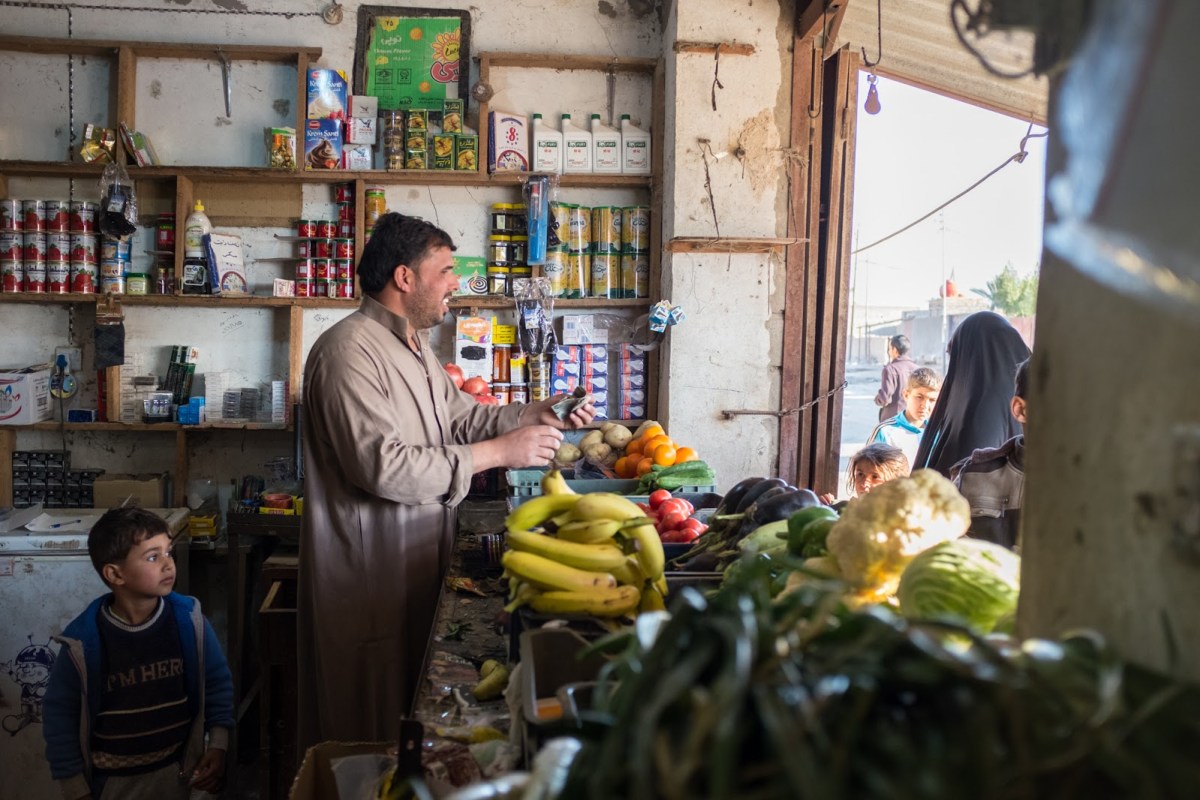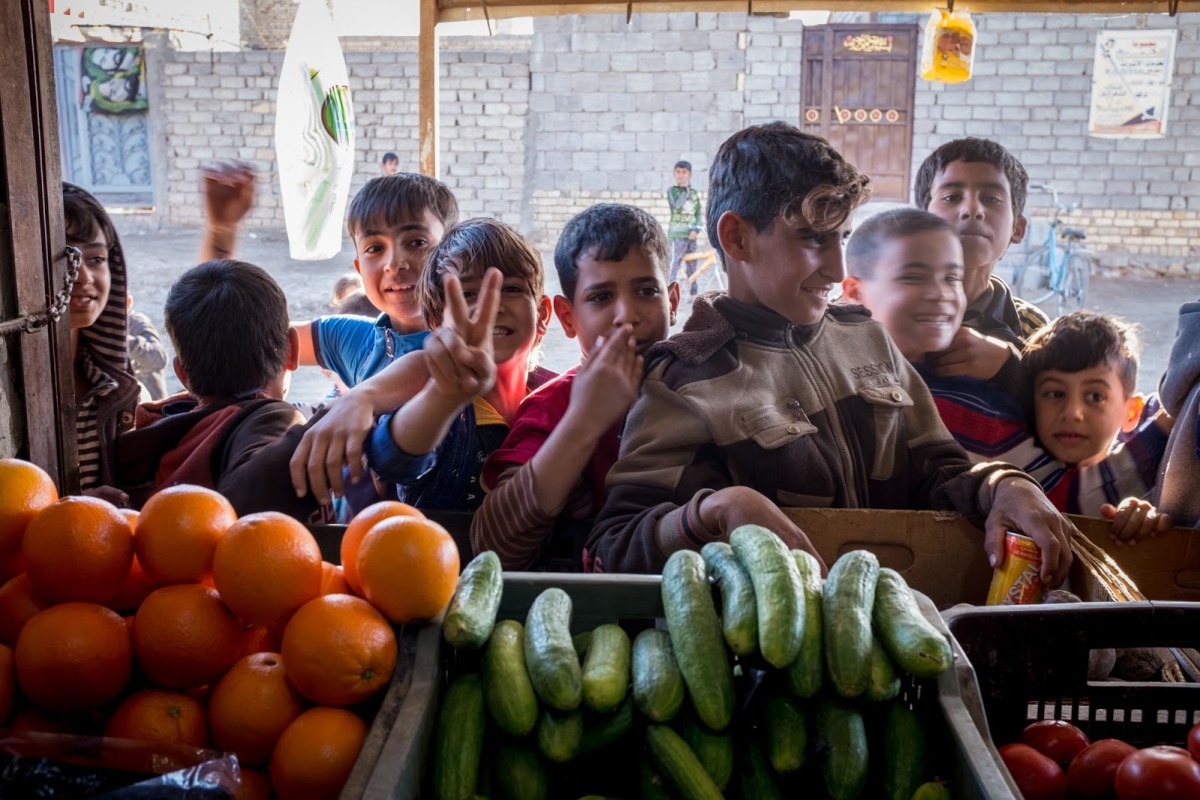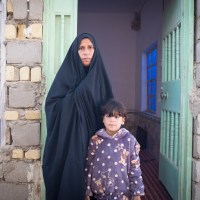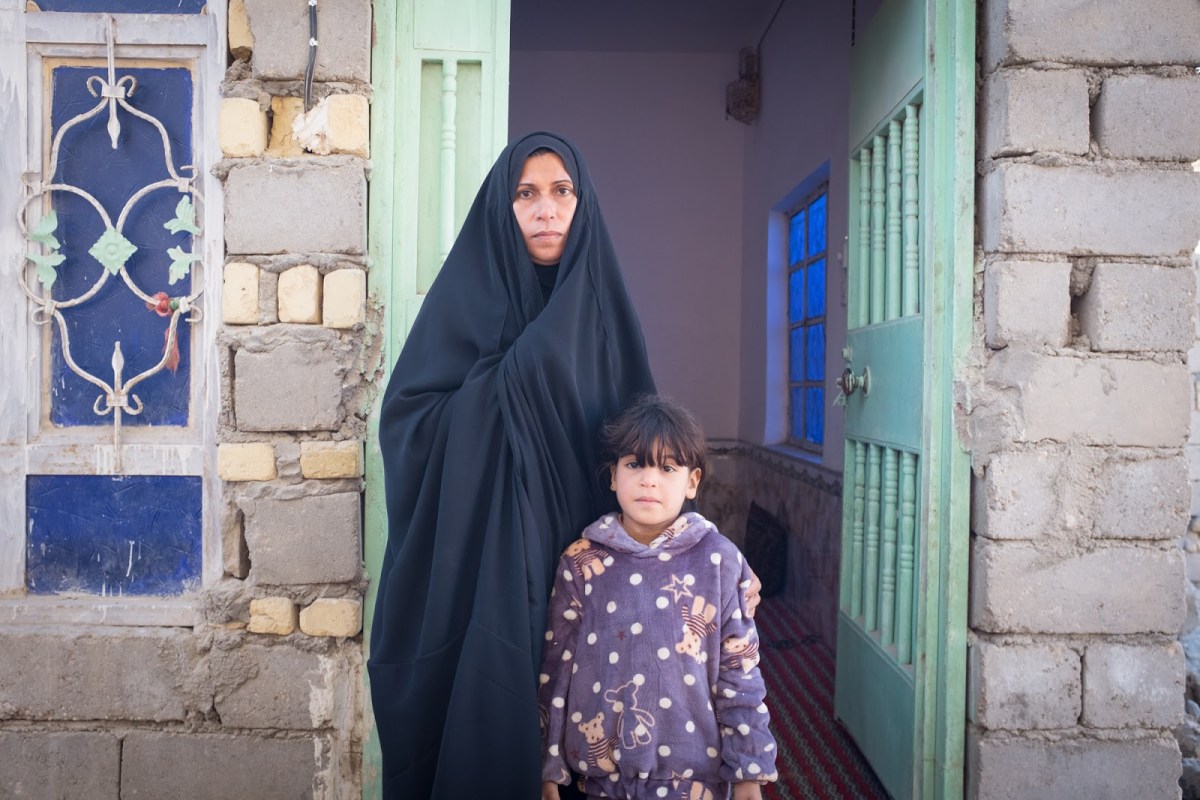Do you know the game Kerplunk?
You pour marbles into a tall, plastic cylinder with holes all over, sticks threaded through to create something of a “nest” for the marbles. Then you start removing sticks. Eventually, one too many is removed, and all the marbles fall through.
Game over.
In so many ways, Diswaan’s life felt like that game.
She didn’t have the chance to go to school. Her family was poor, her two brothers died young, and she was needed to help work the land. They didn’t have a farm of their own, but worked other’s land so they could provide for their family’s needs.
Eventually Diswaan married, moved to her husband’s tribal land, and they began their family. Her husband was still young when he discovered he had lung cancer. When he was too sick to live on the land anymore, they moved to a nearby village, took a chance on squatting—building a small house on empty land—and tried to continue on.
And they did. Until Diswaan’s husband died four years ago. His parents were already dead, and he had no brothers, so the traditional Iraqi social safety net—family–—was missing.
Diswaan was on her own.
For the last four years, it’s been up to her to figure out how to care for six children and her mother, with nothing but a tiny pension. Local authorities regularly threaten to evict her from the house she built on land she doesn’t legally own.
With every tragedy, the supports for her life and family were pulled out from under her.
Despite her situation, Diswaan has an extraordinary ability to take the long view. She didn’t do what many parents do in similarly desperate circumstances—she didn’t pull her children from school and send them out to work for little pay.
Instead, she sacrificed herself for her children’s future.
Diswaan’s oldest daughter is married already, but still in school.
“I don’t want them to leave it,” she says. “Because I saw there are girls that, after they finish school, they start having jobs with this good education, and they start depending on themselves and don’t need anyone to help them. They can start their own work and life.
 “This is what I need for my daughters. I need them to depend on themselves after they finish school.”
“This is what I need for my daughters. I need them to depend on themselves after they finish school.”
When our partners first met her, she was starving—she was paying her children’s school expenses instead of eating. Why?
“Because it’s better for them” she said.
Diswaan was close to “game over.”
The project manager, who met with Diswaan, discussed with her the possibility of opening a business.
“I’m here to help you,” the manager said, “but you need to tell me what the best way is for me to help you.”
Diswaan was at an utter loss—she never learned how to read, write, or sew. She hadn’t ever learned the skills needed for traditional jobs.

The project manager had to get creative. Instead of giving up, he set out to widen Diswaan’s base of support. This people-first approach to programming allows us the latitude to catch women like Diswaan, who seemingly fall through every crack.
We approached a neighbor named Hassan, who owns a successful shop in Diswaan’s village. Would Hassan be open to an investor in his business? If Diswaan bought a “share” of his store, could she earn monthly dividends?
As long as it would help orphans—the vulnerable ones his Muslim faith commands him to help—Hassan was ready to accept.
“She didn’t have anything, and I wanted to help her,” he said simply.

You stepped in with the investment—your donations made it possible to give Diswaan a small business grant.
Hassan bought more stock for his store, and is paying a portion of his profits to Diswaan each month. Diswaan continues to raise her children and support her mother—and she also gets to eat without worrying that her meals might prevent her children from staying in school.
Diswaan’s life is still hard. She’s not afraid of hard.
But now she’s not alone. She has members of the local community in her corner. And she has you, from the other side of the world, investing in her life.


